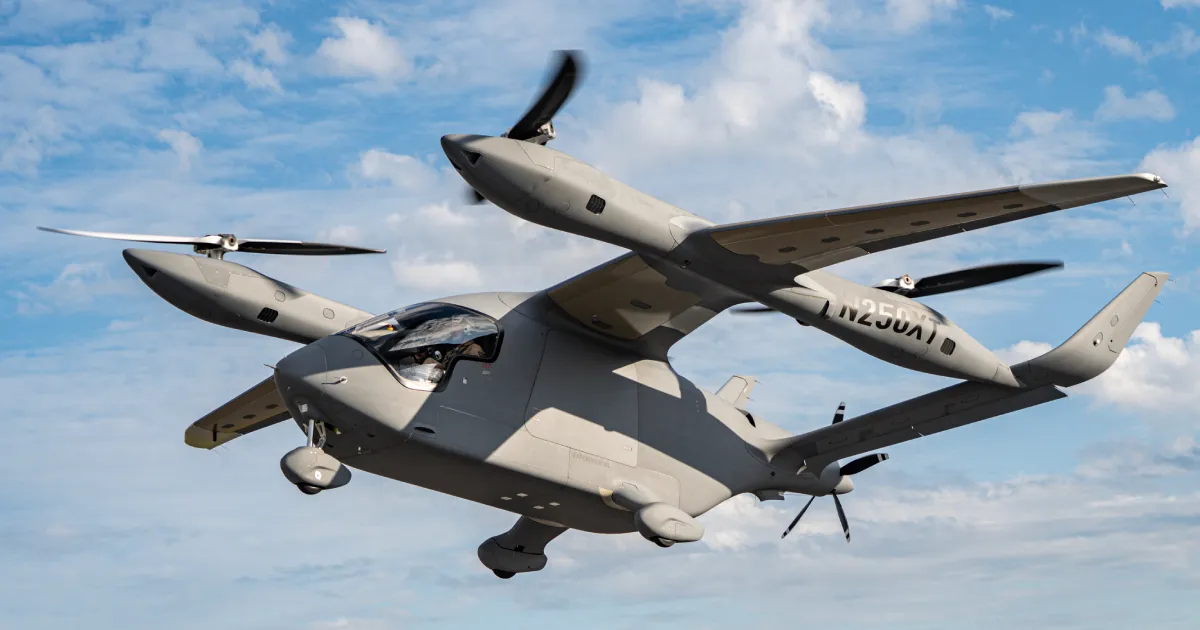GE Aerospace invests $300M in Beta Technologies for hybrid-electric aircraft engines

GE Aerospace is making a major move into the electric aviation sector with a $300 million investment in Beta Technologies, part of a strategic partnership to co-develop a hybrid-electric turbogenerator for next-generation aircraft. The deal, announced Thursday, is pending regulatory approval.
Hybrid Power for Advanced Air Mobility
The collaboration underscores growing momentum for hybrid solutions in advanced air mobility (AAM) — an umbrella term for emerging aviation concepts such as eVTOL, hydrogen-powered craft, and electric aircraft. Hybrid architectures combine traditional turbine engines with electric propulsion to extend range, increase payload, and boost overall performance.
GE Aerospace brings decades of experience in jet and turboprop engines, while Beta contributes deep expertise in high-performance electric propulsion. The new turbogenerator will use GE’s proven engine components and infrastructure, paired with Beta’s electric systems.
According to the companies, the hybrid system will offer greater range, payload capacity, and improved efficiency for future aircraft.
Complementary Strengths
The partnership is notable given the scale of GE Aerospace, a global leader in aircraft engines, teaming up with Beta Technologies, a Vermont-based startup building all-electric aircraft platforms.
Beta is currently working toward certification of its Alia aircraft, which will come in two variants:
- A conventional takeoff and landing (CTOL) model
- An electric vertical takeoff and landing (eVTOL) version
Strategic Investment and Governance
If approved, the deal would bring Beta’s total funding to $1.45 billion, with GE joining investors such as Amazon’s Climate Pledge Fund and Fidelity Management & Research Company.
GE will also gain the right to appoint a director to Beta’s board, underscoring its commitment to hybrid-electric propulsion as the aviation industry shifts toward lower-emission technologies.
Industry Implications
With airlines and aircraft developers under pressure to reduce emissions, hybrid-electric propulsion is increasingly seen as a bridge technology — delivering immediate efficiency gains while fully electric or hydrogen-powered aircraft mature. GE Aerospace’s entry into this space, backed by Beta’s agile electric platform, signals that even legacy engine makers are betting on hybrid power as part of aviation’s future.





